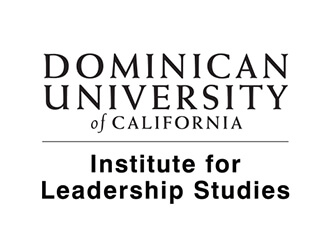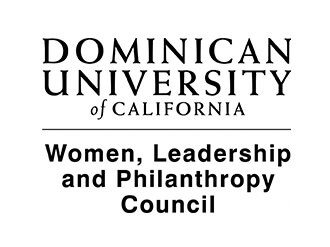Jon Meacham
His Truth is Marching On:
John Lewis and the Power of Hope
in conversation with
Dr. Clayborne Carson
Recorded: September 24, 2020
Please scroll down to watch the lecture.
Jon Meacham in conversation with Dr. Clayborne Carson
Pulitzer Prize-winning author and historian Jon Meacham talks with legendary civil-rights pioneer Dr. Clayborne Carson about Jon’s new book, His Truth is Marching On: John Lewis and the Power of Hope.
View the second session in our free Fall Leadership Lecture series: Jon Meacham, author of His Truth is Marching On: John Lewis and the Power of Hope, is joined in conversation with Dr. Clayborne Carson.
On September 24, 2020, Jon Meacham shared his thoughts on his intimate and revealing portrait of civil rights icon and longtime U.S. congressman John Lewis, which links this civil-rights icon’s painful quest for justice in America from the 1950s to the present. Drawing on decades of wide-ranging interviews with Lewis, he writes of how Lewis, the great-grandson of a slave and son of an Alabama tenant farmer, was inspired by the Bible and his teachers in nonviolence, the Reverends James Lawson and Dr. Martin Luther King, Jr., to put his life on the line in the service of what Abraham Lincoln called “the better angels of our nature.”
From an early age, Lewis learned that nonviolence was not only a tactic but a philosophy, a biblical imperative, and a transforming reality. At the age of four, Lewis, ambitious to become a minister, practiced by preaching to his family’s chickens. When his mother cooked one of the chickens, the boy refused to eat it — his first act, he wryly recalled, of nonviolent protest. Integral to Lewis’s commitment to bettering the nation was his faith in humanity and in God — and an unshakable belief in the power of hope.
Meacham calls Lewis “as important to the founding of a modern and multiethnic twentieth- and twenty-first-century America as Thomas Jefferson and James Madison and Samuel Adams were to the initial creation of the Republic itself in the eighteenth century.” A believer in the injunction that one should love one’s neighbor as oneself, Lewis was arguably a saint in our time, risking limb and life to bear witness for the powerless in the face of the powerful. In many ways he brought a still-evolving nation closer to realizing its ideals, and his story offers inspiration and illumination for Americans today who are working for social and political change.






